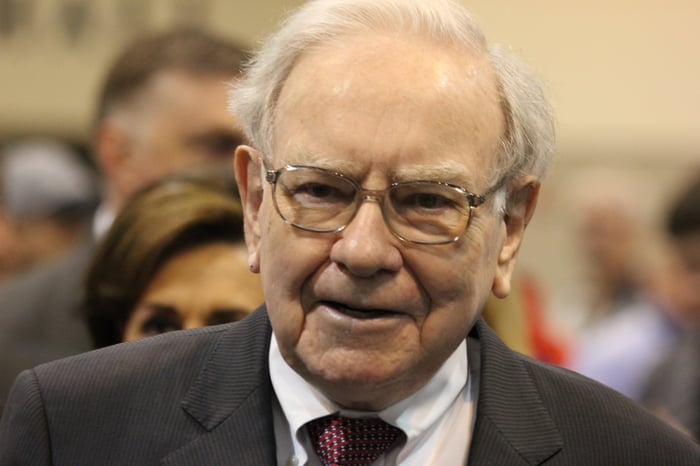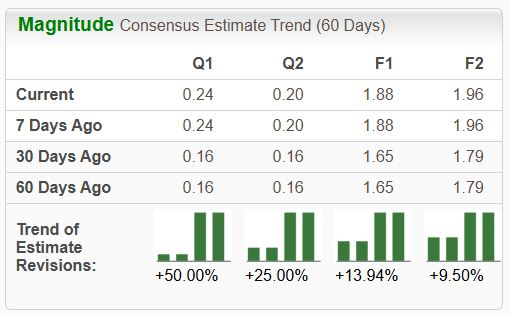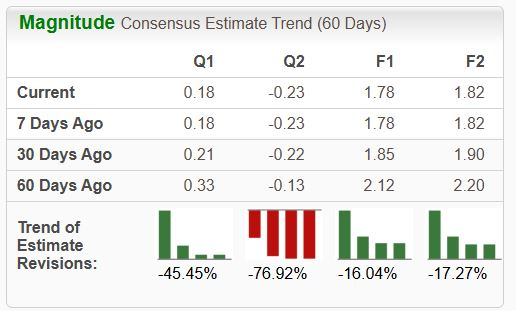
Banking regulators are probing whether index-fund behemoths BlackRock IncBLK, Vanguard, and State Street Corporation STT uphold their passive mandates with U.S. bank investments.
These three giants oversee a staggering $23 trillion, a significant chunk of which is tied up in funds mirroring popular indexes such as the S&P 500.
BlackRock and Vanguard collectively wield over 10% of shares in multiple banks, a stake typically synonymous with a controlling interest, while State Street boasts substantial holdings. Regulators are on high alert given the critical role banks play in the economy.
Presently, major asset managers benefit from exemptions under stringent banking regulations as long as they maintain passive roles, refraining from influencing management decisions or board compositions.
According to the Wall Street Journal, this leniency might soon be a thing of the past, as Federal Deposit Insurance Corp (FDIC) members are pushing for a stricter oversight framework. FDIC board member Jonathan McKernan is spearheading the campaign for enhanced monitoring and a potential cap on investments surpassing the 10% threshold.
The growing support within the FDIC board is palpable as McKernan, a Republican, and fellow board member Rohit Chopra, a Democrat, engage in discussions with officials from Vanguard and BlackRock concerning their investment stakes.
McKernan underscores the importance of preventing the Big Three from wielding excessive influence over FDIC-regulated banks.
The shift towards more stringent oversight of asset managers’ ownership stakes mirrors broader anxieties in Washington regarding the overwhelming power held by index-fund managers over corporate America.
While Republicans express fears that investment firms might abuse their voting power to advance liberal agendas, progressive Democrats are anxious about the concentration of economic influence.
Both Vanguard and BlackRock reiterate their commitment to passive investing with the Federal Reserve and FDIC, affirming compliance through self-certification. BlackRock argues privately that the current framework is sufficient and opposes additional regulatory scrutiny.
The Securities Industry and Financial Markets Association echoes this sentiment, pushing back against redundant regulatory oversight.
Disclaimer: This content was partially generated with the assistance of AI tools and underwent review and approval by Benzinga editors.
Photo by Michael Vi on Shutterstock









